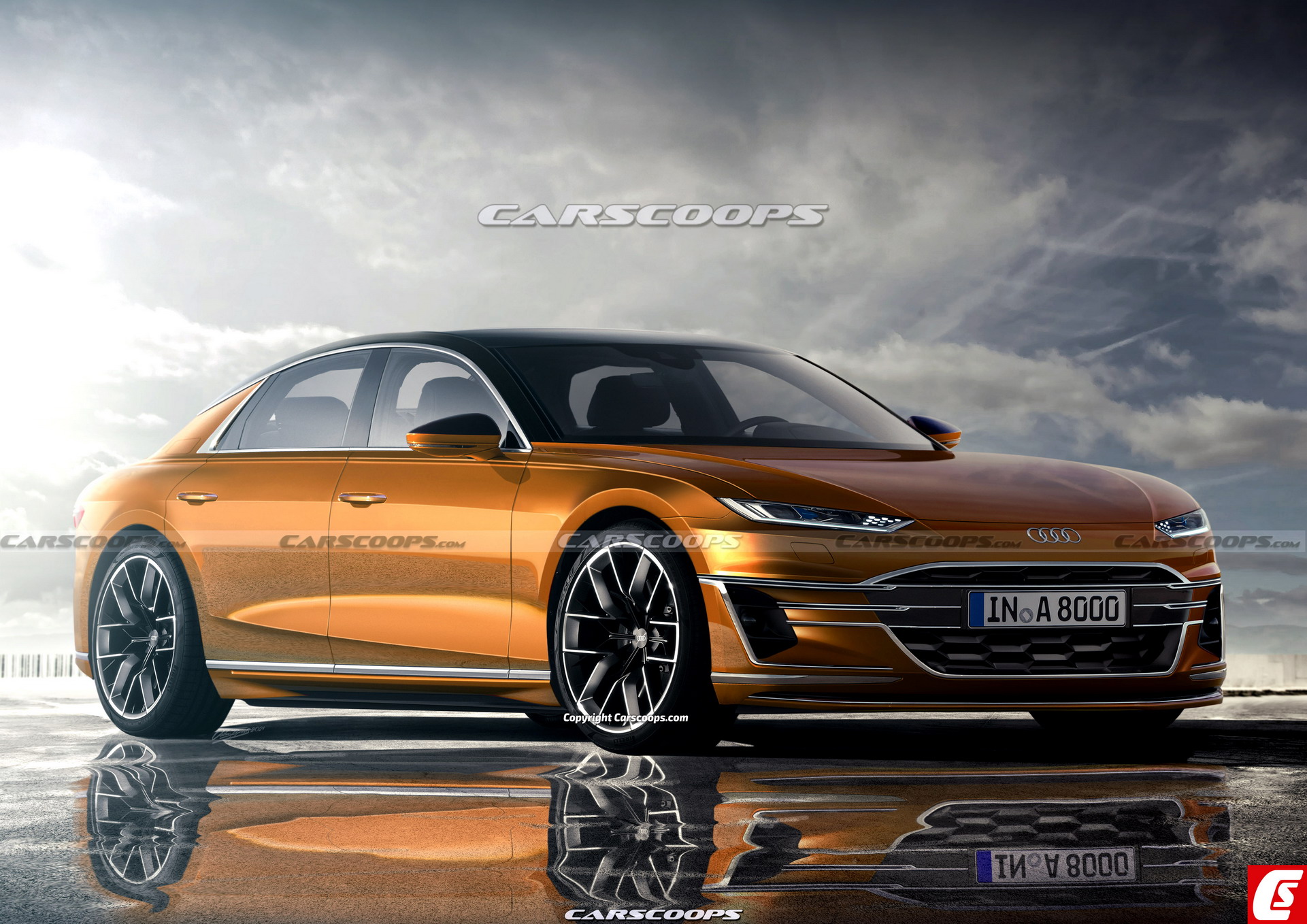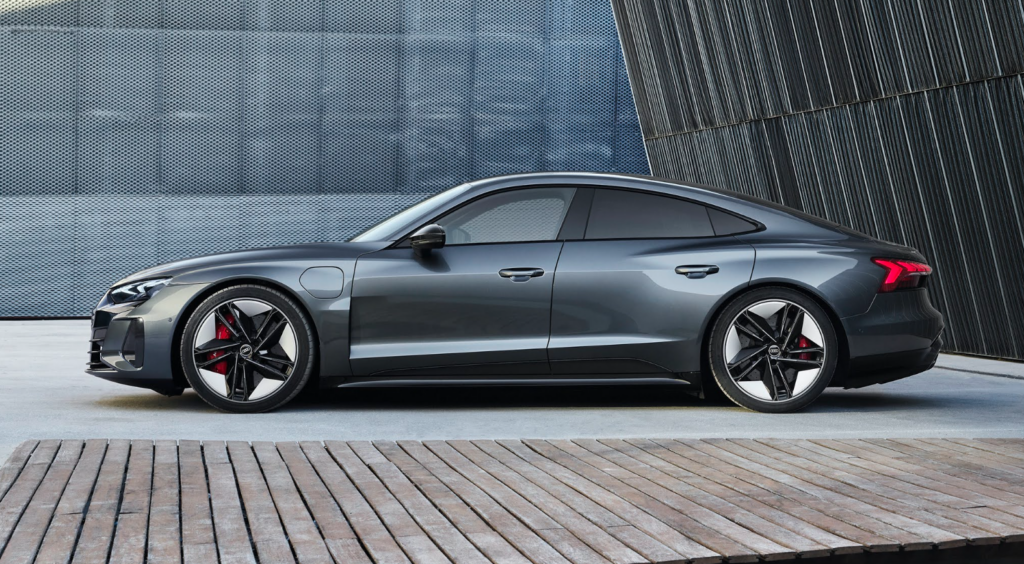
The Audi e-tron GT: Range in 2025 – A Look at the Future
The Audi e-tron GT, a sleek and powerful electric grand tourer, has captured the hearts of many since its launch. But one question remains: how will its range hold up in 2025? As technology advances and driving habits evolve, understanding the range of this electric marvel is crucial for potential buyers.
This article delves deep into the factors influencing the Audi e-tron GT’s range in 2025, exploring the interplay of battery technology, driving conditions, and the ever-evolving landscape of electric vehicle charging infrastructure.
Understanding the 2023 Audi e-tron GT Range:
Before we project into the future, let’s establish a baseline. The 2023 Audi e-tron GT, with its 93.4 kWh battery pack, boasts an EPA-estimated range of 238 miles. This figure is a solid starting point, but it doesn’t tell the whole story.
Factors Influencing Range:
Several factors can significantly impact the actual range you experience in your Audi e-tron GT, including:
- Driving Style: Aggressive acceleration, frequent braking, and high speeds consume more energy, leading to reduced range. Conversely, a smooth driving style with moderate speeds can extend your range significantly.
- Terrain and Weather: Driving uphill or in cold weather necessitates more energy to maintain speed, impacting range. Conversely, driving on flat terrain in warm weather can increase range.
- Climate Control: Using the air conditioning or heating system consumes energy, affecting range. Opting for more efficient climate control settings can help.
- Tire Pressure: Underinflated tires increase rolling resistance, consuming more energy and reducing range. Maintaining proper tire pressure is essential.
- Cargo Load: A heavy load increases the car’s weight, requiring more energy to move, thus impacting range.
The Evolution of Battery Technology:
Battery technology is constantly evolving, and improvements in energy density, charging speed, and longevity are expected in the coming years.
- Increased Energy Density: Batteries with higher energy density store more energy in the same space, potentially leading to increased range without needing a larger battery pack.
- Faster Charging: Faster charging speeds allow for quicker replenishing of the battery, making long journeys more manageable.
- Improved Longevity: Batteries with longer lifespans retain their capacity for longer, offering peace of mind over the long term.
The Impact of Battery Technology on 2025 Range:
Considering the rapid pace of battery technology development, it’s reasonable to expect significant advancements by 2025. These advancements could potentially lead to:
- Increased Range: A 10-20% increase in range is plausible, pushing the Audi e-tron GT’s range to around 270-285 miles.
- Faster Charging: Charging times could be halved, making recharging a quick and convenient process.
- Enhanced Battery Life: The battery’s lifespan could be extended, ensuring long-term performance and value retention.
The Role of Charging Infrastructure:
The availability and accessibility of charging infrastructure play a critical role in the overall range experience. As the electric vehicle market grows, charging infrastructure is expected to expand rapidly.
- Increased Public Charging Stations: More public charging stations will be available in various locations, making it easier to recharge on the go.
- Faster Charging Technologies: New charging technologies, such as ultra-fast DC charging, will enable faster charging speeds, reducing charging time significantly.
- Smart Charging: Smart charging technologies will optimize charging times and costs, maximizing efficiency and convenience.
Predicting the 2025 Audi e-tron GT Range:
Based on current trends and expected technological advancements, the 2025 Audi e-tron GT could boast a range of around 270-285 miles under optimal conditions. However, this is just an estimate, and actual range will vary depending on individual driving habits and environmental factors.
The Future of Electric Vehicles:
The future of electric vehicles is bright, with continued advancements in battery technology and charging infrastructure. The Audi e-tron GT, with its sleek design, impressive performance, and potential for extended range, is poised to become a leading player in the luxury electric vehicle segment.
Conclusion:
While the 2023 Audi e-tron GT already offers a respectable range, the future holds exciting possibilities for even greater range and convenience. By 2025, advancements in battery technology, charging infrastructure, and driving efficiency are likely to significantly enhance the Audi e-tron GT’s range, making it an even more compelling choice for discerning drivers.
The Audi e-tron GT represents a glimpse into the future of automotive transportation, where electric vehicles are not just a viable alternative but a driving force for innovation and sustainability. As the electric vehicle landscape continues to evolve, the Audi e-tron GT is well-positioned to lead the charge, offering a blend of luxury, performance, and range that is sure to captivate drivers for years to come.









